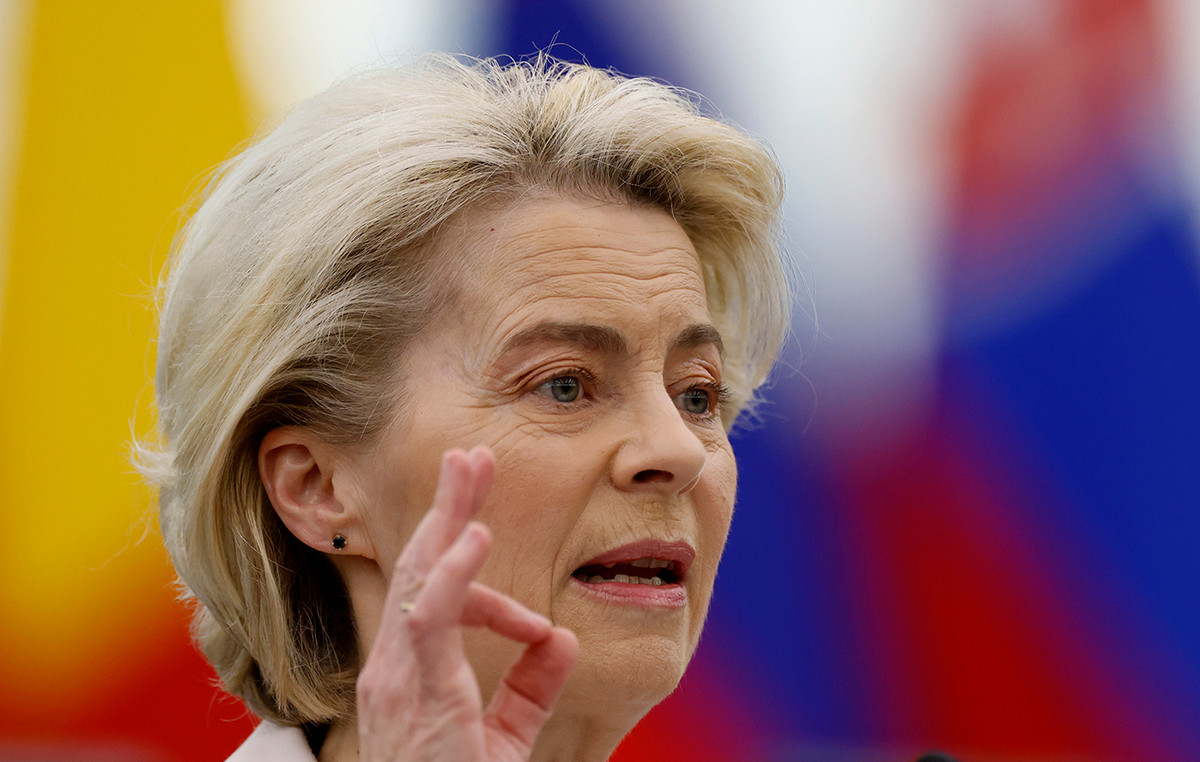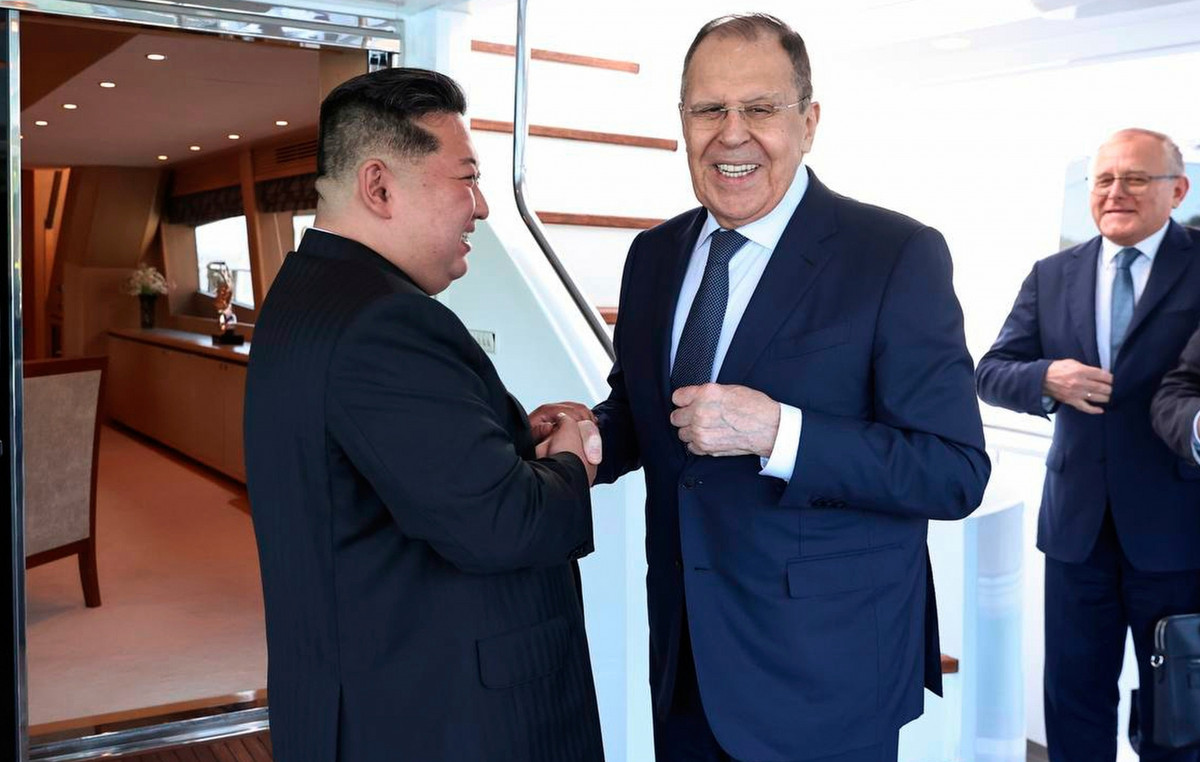The special secretary of the Treasury and Budget, Esteves Colnago, stated this Monday (22) that the PEC dos Precatórios opens a budget space of R$ 106.1 billion in 2022, of which only R$ 1.1 billion are free.
Colnago revealed the new calculations in participation in thematic debate session promoted by the Senate to discuss the proposal that, on the one hand, establishes an annual lock for the payment of court orders and, on the other, changes the correction window for the spending ceiling rule , making room for more public spending in the 2022 election year.
“The PEC that was sent by the Executive is different from the one we are discussing now. We were based on what the states and municipalities have been suffering from. An important point for the municipalities is the payment of social security contributions in installments, and the prioritization of payment of FUNFEF precatories.”
The Economy data, however, show a budget for 2022 that is already tight, even with the approval of the PEC, to accommodate the gestures made by Bolsonaro, including gas vouchers, aid to truck drivers and readjustment to the civil service.
The total value of the space for expenses opened by the PEC mentioned by the secretary is greater than the amount of R$ 91.6 billion that had been previously informed by the Ministry of Economy, and was re-estimated after the Secretariat for Economic Policy (SPE) released this week new estimates for variables such as inflation and Gross Domestic Product (GDP) were passed.
The projection is now of an additional space of R$43.8 billion next year, due to the imposition of a sub-ceiling to the payment of court-ordered debts, compared to R$44.6 billion before. The space opened up by the new system of correction of the ceiling rule rose by R$ 15.2 billion amid the acceleration of expected inflation for this year, to R$ 62.2 billion.
Although the total number has risen, Colnago listed a series of expenses that already compromise the use of this loophole, including BRL 51.1 billion to strengthen Brazil Aid towards the BRL 400 benefit promised by President Jair Bolsonaro to take effect in the year election of 2022, and R$33.2 billion to correct, in view of higher inflation, mandatory social expenditures such as social security benefits, salary bonuses and unemployment insurance.
The list is completed with the update of minimum expenditure on health and education (R$6.8 billion), extension of compensation for the payroll exemption for some sectors (R$5.3 billion), tax amendments and other mandatory expenses (R $4.4 billion), resources to other Powers (R$2.7 billion) and personnel expenses (R$1.5 billion).
In the end, the remaining R$1.1 billion ended up significantly smaller than the free budget space of around R$10 billion that had been previously pointed out by Colnago, before the release of the new grid of macroeconomic parameters.
“The impression we have here at the ministry is that the uncertainty about how the payment of the social program will be and the ceiling on spending is creating great uncertainty for economic agents. It is important that we address this situation as soon as possible and that we elevate it to a constitutional rule. We have to maintain the spending ceiling to comply with the law. And I ask the Senate for help. We have to think about the next year but also about the next exercises.”
Defense of the inspector
Colnago defended that the PEC maintains the ceiling rule, despite proposing that the growth in spending should now be due to inflation measured by the IPCA from January to December of the previous year, compared to the 12-month period ended in June of the previous year. According to the secretary, the rule will still be “very strong” and “very robust”.
With the proposal, the perspective is that the primary deficit next year will be 1.5% of the Gross Domestic Product (GDP), against 0.5% in a scenario without the PEC.
Primary expenditures as a proportion of GDP should be 18.2% next year, against 17.3% in a framework without the PEC, but still at the lowest value since 2014 (18.1%). The secretary argued that this shows that the government remains committed to fiscal consolidation.
The gross debt should reach 81.7% of GDP in 2022, against 80.5% in the absence of the PEC, which, according to Colnago, also signals that the fiscal trajectory will not deteriorate, as the outlook is for “constancy” compared to a level of 81.9% for the debt this year if the PEC is approved.
Reference: CNN Brasil
I am Sophia william, author of World Stock Market. I have a degree in journalism from the University of Missouri and I have worked as a reporter for several news websites. I have a passion for writing and informing people about the latest news and events happening in the world. I strive to be accurate and unbiased in my reporting, and I hope to provide readers with valuable information that they can use to make informed decisions.







